Discover The Joe Walker Podcast
The Joe Walker Podcast

170 Episodes
Reverse
Glyn Davis and Terry Moran are two of the very small number of Australians who have literally sat in the Cabinet Room, week after week, watching the machinery of government operate from the inside. Both served as Secretary of the Department of the Prime Minister and Cabinet (PM&C) — the most senior public servant in Australia. Terry held the role from 2008 to 2011 (including during the Global Financial Crisis). Glyn held it from 2022 to 2025. Both have also held equivalent roles at the state level: Glyn as Director-General of the Office of the Cabinet in Queensland (1995–96), and Terry as Secretary of the Victorian Department of Premier and Cabinet (2000–08). Before PM&C, Glyn was Vice-Chancellor of the University of Melbourne for thirteen years, and later ran the Paul Ramsay Foundation (Australia’s largest philanthropic foundation). Terry’s career spanned senior roles across the Commonwealth and Victorian public services, including as CEO of Victoria’s Office of the State Training Board, inaugural CEO of the Australian National Training Authority, and Queensland’s Director-General of Education. He later served as Chancellor of Federation University. In this episode, we trace the routines, conventions, and systems that shape power in Canberra. Where, exactly, does a prime minister’s power come from? What separates a good Cabinet submission from a bad one? What actually happens in the Cabinet room once the doors close? How does Australia’s Westminster model differ from the UK and Canada? And why is Australia so unusually good at bureaucracy? (Episode recorded on 8 December 2025.) Sponsors Vanta: helps businesses automate security and compliance needs. For a limited time, get one thousand dollars off Vanta at vanta.com/joe. Use the discount code "JOE". To sponsor a future episode, go to https://josephnoelwalker.com/sponsor/See omnystudio.com/listener for privacy information.
2,500 years of strategic history, 11 books, one afternoon. Hugh White is Australia's foremost strategic thinker: former senior adviser to Defence Minister Kim Beazley and Prime Minister Bob Hawke, Deputy Secretary for Strategy and Intelligence in Defence, inaugural Director of ASPI, and principal author of the 2000 Defence White Paper. He is now Emeritus Professor of Strategic Studies at the Australian National University. Before this conversation, I asked Hugh for the eleven books that most shaped his thinking on strategy, international relations and defence policy. We work through them one by one — what each book argues, what it gets right and wrong, how it shaped his worldview — and use them to tackle the big questions: why great powers start disastrous wars, how international orders collapse, and how Australia and America should respond to the rise of China. Episode resources Hugh's strategy reading list: https://josephnoelwalker.com/hugh-whites-strategy-reading-list/ Hugh's 1993 Tathra note: https://josephnoelwalker.com/hugh-whites-tathra-note/ Sponsors Eucalyptus: the Aussie startup providing digital healthcare clinics to help patients around the world take control of their quality of life. Euc is looking to hire ambitious young Aussies and Brits. You can check out their open roles at eucalyptus.health/careers. Vanta: helps businesses automate security and compliance needs. For a limited time, get one thousand dollars off Vanta at vanta.com/joe. Use the discount code "JOE". To sponsor a future episode, go to https://josephnoelwalker.com/sponsor/See omnystudio.com/listener for privacy information.
Peter Costello is the longest-serving Treasurer of Australia (1996–2007). He led the most complex overhaul of Australia's tax system in the postwar era: introducing the Goods and Services Tax (GST) — a value-added consumption tax — while abolishing a range of indirect taxes (notably wholesale sales tax) and cutting income-tax rates. I wanted to learn from Peter what it actually takes to achieve a reform at that scale — and why we haven’t managed anything like it since. In this conversation, we discuss: GST implementation war stories; lessons on how to get big things done in government; why major reform became so much harder after 2000; why Peter would sometimes hide revenue estimates even from the prime minister; and the baby bonus (introduced in 2004), which led to an uptick in Australia's total fertility rate — making Australia one of the only western countries to increase (albeit temporarily) its TFR since the demographic transition began. Episode sponsor: Vanta: helps businesses automate security and compliance needs. For a limited time, get one thousand dollars off Vanta at vanta.com/joe. Use the discount code "JOE". See omnystudio.com/listener for privacy information.
One bacterium causes roughly 1 in 20 cancer cases worldwide. It’s the most cancer-causing pathogen we’ve found—and the main cause of peptic ulcers. Its discovery overturned an ironclad medical dogma that the stomach was sterile. Despite infecting about half of humanity, Helicobacter pylori wasn't discovered until 1979 and shown to cause gastritis and peptic ulcer disease in the early 1980s. Why did it evade detection for so long—and what finally broke through the consensus? I went to Perth, Australia—where H. pylori was first discovered—to chat with Barry Marshall, gastroenterologist and co-recipient (with Robin Warren) of the 2005 Nobel Prize in Physiology or Medicine for discovering H. pylori and proving that it causes gastritis and peptic ulcer disease. Marshall famously infected himself with the bacterium to demonstrate causality and later helped develop clinical diagnostics like the urea breath test, which we demo live in the episode. We discuss: the rise and fall of stomach cancer in the West; whether Darwin’s dyspepsia and Napoleon's stomach cancer trace to H. pylori; the ulcer–cancer paradox; Correa’s cascade: what H. pylori eradication reverses—and what it doesn’t; the “H. pylori enigmas” (Africa, India, Costa Rica); eradication prospects and an oral vaccine timeline; how the field missed the discovery; how the primitive internet enabled the discovery; what the H. pylori discovery teaches us about how knowledge diffuses; lessons from manufacturing millions of tests in Perth; and much, much more. Episode sponsors: Eucalyptus: the Aussie startup providing digital healthcare clinics to help patients around the world take control of their quality of life. Euc is looking to hire ambitious young Aussies and Brits. You can check out their open roles at eucalyptus.health/careers. Vanta: helps businesses automate security and compliance needs. For a limited time, get one thousand dollars off Vanta at vanta.com/joe. Use the discount code "JOE". See omnystudio.com/listener for privacy information.
Stagnation! The 2010s witnessed Australia’s weakest productivity growth in six decades. How much of the slowdown is homegrown? How much reflects the broader “great stagnation” plaguing the West? How much is simply an artefact of the way “productivity” is measured? And what would a credible new growth model for Australia—with its distinctive reliance on mining over manufacturing—actually look like? To answer these questions and more, I’m joined by two of Australia’s smartest economists. Greg Kaplan is the Alvin H. Baum Professor of Economics at the University of Chicago. He is also the cofounder and chairman of e61, a non-partisan economic economic research institute in Australia. Michael Brennan is the CEO of e61. He was previously chair of Australia's Productivity Commission and a Deputy Secretary of the Australian Treasury. We discuss the forces behind falling construction productivity; how to think about “Australia’s most productive company”; where to find quality gains in the services sector; what we can learn from the stunning innovativeness of Australia’s agricultural industry; why we need new economic engines beyond the Sydney–Melbourne duopoly; and much, much more. Episode sponsors: Eucalyptus: the Aussie startup providing digital healthcare clinics to help patients around the world take control of their quality of life. Euc is looking to hire ambitious young Aussies and Brits. You can check out their open roles at eucalyptus.health/careers. Vanta: helps businesses automate security and compliance needs. For a limited time, get one thousand dollars off Vanta at vanta.com/joe. Use the discount code "JOE". See omnystudio.com/listener for privacy information.
Francis Fukuyama is a Stanford political scientist and the author of (among many other works) The End of History and the Last Man—arguably the most influential work in political science of the past half-century. If “History” is driven by technology, how does Fukuyama now view biotech and AI—and their potential to usher in a new, post-human history? These are difficult questions, but I wanted to ask Frank about topics that are both important and (at least for AI) on which he has spoken little until now. We also get a sneak peek at his forthcoming book and discuss his ideas on bureaucracies, delegation, and state capacity.See omnystudio.com/listener for privacy information.
Laura Deming is a technologist and venture capitalist focused on anti-ageing and life extension. At 17, she founded The Longevity Fund (followed by age1), the first VC firm dedicated to longevity biotech, after being selected in the initial cohort of Thiel fellows (2011). Today she is also CEO and co-founder of Cradle, a startup pursuing human whole-body reversible cryopreservation. I speak with Laura at Cradle’s San Francisco office. We start with the philosophical question of personal identity, and ask a deceptively simple question: what, exactly, do we want to preserve? From there we explore what a “more humane transhumanism” might look like, the game-theory of 200-year lives, scientific awe as a research tool, embodied thought-experiments to see inside the cell, how the FDA could shave years off longevity-drug timelines, the anti-memetic qualities of reversible cryopreservation, and why it might be the most leveraged problem in longevity.See omnystudio.com/listener for privacy information.
I share the 8 biggest things I learned from my Australian policy series. The conversations totaled more than 12 hours of discussion. Grateful to my guests and to everyone who attended the live events. Was really fun to meet and hang out with you all!See omnystudio.com/listener for privacy information.
This episode is the seventh instalment of my Australian policy series, recorded live in Sydney on April 29, 2025. I speak with Ken Henry—former Treasury Secretary and chair of the landmark Henry Tax Review—about why Australia hasn’t achieved major economic reform since the GST, and what must change to restart it. We discuss how AGI could reshape the public service, intergenerational unfairness in the tax system, the collapse in business investment, how to build a new Australian city, and the roots of Australia's long-standing policy complacency. Video available here: Transcript available here:See omnystudio.com/listener for privacy information.
This episode is the sixth instalment of my Australian policy series, recorded live in Sydney on February 26, 2025. I speak with Sam Roggeveen—Director of the Lowy Institute’s International Security Program, and a former senior analyst at the Office of National Assessments—about why the United States won’t fight China for dominance in Asia, and what that means for an Australia long reliant on American protection. We explore the limits of America’s resolve in Asia, why an alliance with Indonesia should be the top priority of Australian statecraft, whether new technologies like drones are reversing the long-held advantage of the defender, the possibility that Australia might one day acquire nuclear weapons, and how Sam’s “echidna strategy” could let us defend ourselves from a major Asian power without substantially boosting defence spending.Video available here: https://www.youtube.com/watch?v=Uq9n62A07mE Transcript available here: https://josephnoelwalker.com/sam-roggeveen-aus-policy-series/ See omnystudio.com/listener for privacy information.
This episode is the fifth instalment of my Australian policy series, recorded live in Sydney on February 12, 2025. I speak with Peter Tulip—Chief Economist at the Centre for Independent Studies, and a former senior researcher at both the Reserve Bank of Australia and the US Federal Reserve. We go deep into what's driving Australia's housing crisis, the problems with heritage rules and height restrictions, critiques of both NIMBY and YIMBY thinking, the sobering 10–20-year timeframe that even an “extremely ambitious” supply plan might require, and the cultural shift needed to reach a new equilibrium where housing is truly abundant.See omnystudio.com/listener for privacy information.
Australia stands alone among English-speaking democracies with its compulsory, preferential voting system. But why? This episode is the fourth instalment of my Australian policy series. It was recorded in Melbourne on March 6, 2025. I speak with Judith Brett—Emeritus Professor of Politics at La Trobe University and author of the canonical history of Australia's electoral system, From Secret Ballot to Democracy Sausage—about how Australia became an electoral trailblazer. We trace the accidental adoption of near-universal manhood suffrage in the 1850s, the political calculations that led to compulsory voting and preferential voting, and why bureaucratic efficiency is so deeply woven into our electoral culture. Along the way, we explore how Benthamite thinking and low taxation in the colonial era combined to create a voting system that is unique among English-speaking democracies.See omnystudio.com/listener for privacy information.
This episode is the third of my live policy salons. It was recorded in Sydney on February 5, 2025. We explore the concept of state capacity—the ability of governments to achieve their policy goals—and ask why Australia outperforms almost every other country in the world in this domain. For the conversation, I'm joined by two of Australia's great public policy economists. Richard Holden is professor of economics at UNSW Business School and president of the Academy of the Social Sciences in Australia. Steven Hamilton is assistant professor of economics at The George Washington University in Washington DC, and a former Australian Treasury official. If you’d like to attend an upcoming salon, you can get tickets here.See omnystudio.com/listener for privacy information.
This episode is the second of my live policy salons. It was recorded in Sydney on January 29, 2025. What is the relationship between economic equality and egalitarianism in the cultural sense? Where does Australia's egalitarian tradition come from? Are we too egalitarian? Is economic inequality increasing? What's been driving it? And does it even matter? We sit down with Andrew Leigh to discuss these questions and more. Dr. Andrew Leigh MP is Australia’s Assistant Minister for Competition, Charities, and Treasury, and Assistant Minister for Employment. An economist by training, he was previously Professor of Economics at the Australian National University and earned his PhD from Harvard. The main theme of his academic research has been inequality. If you’d like to attend an upcoming salon, you can get tickets here: https://josephnoelwalker.com/events/See omnystudio.com/listener for privacy information.
This episode is the first of my live policy salons. It was recorded in Melbourne on January 23, 2025. In this salon, we go deep into Australia's immigration policy with Abul Rizvi, former Deputy Secretary of the Department of Immigration. Abul managed Australia’s migration program from 1995 to 2007 and played a crucial role in the 2001 policy changes that massively increased the intake of skilled migrants—most notably by expanding pathways for overseas students. If you’d like to attend an upcoming salon, you can get tickets here: https://josephnoelwalker.com/events/See omnystudio.com/listener for privacy information.
This episode is a little different: I’m the one being interviewed—and my interlocutor is Andy Matuschak, an independent applied researcher focused on "tools for thought" (ways to augment human intelligence). Andy founded and led Khan Academy’s Research and Development Lab, and prior to that, he was a senior engineer at Apple where he helped build iOS. I first discovered Andy’s work in 2021, and it was a game changer for me and the podcast. We spoke on the show in 2022. In 2024, I recorded some podcast interviews in the US, and had the pleasure of hanging out with Andy while I was in San Francisco. In October, Andy dropped by my place in SF to go behind the scenes of my podcast research process and interview me while I prepared for a conversation with Larry Summers. This is an unvarnished, unfiltered look at my tech stack and how I prepare for my interviews. I'm very grateful to Andy for suggesting the idea and for so thoughtfully drawing out my current strategies, tactics and tools. I support Andy's research. If you'd like to do so too, go here. If you'd like to access my interview research notes for podcast interviews, you can support to access here. Watch this episode on YouTube here: https://www.youtube.com/watch?v=QTI69kKeaC4 See omnystudio.com/listener for privacy information.
Eugene Fama is a 2013 Nobel laureate in economic sciences, and is widely recognised as the "father of modern finance." He is currently the Robert R. McCormick Distinguished Service Professor of Finance at the University of Chicago. Full transcript available at: https://josephnoelwalker.com/eugene-fama-156/See omnystudio.com/listener for privacy information.
Richard Butler AC is a retired Australian diplomat. He served as Australia's first Ambassador for Disarmament (1983-1988), Australian Ambassador to the United Nations (1992-1997), and Chair of the United Nations Special Commission (UNSCOM) to inspect Iraq for weapons of mass destruction (1997-1999). He also served as Chair of the Canberra Commission on the Elimination of Nuclear Weapons. Earlier in his career, he was Chief of Staff to Leader of the Opposition, and former Prime Minister, Gough Whitlam (1975-1977). Butler played a crucial role in both the permanent extension of the Nuclear Non-Proliferation Treaty in 1995 and the adoption of the Comprehensive Nuclear-Test-Ban Treaty in 1996. His work helped establish the framework through which we still manage nuclear weapons risks today. This is his first ever podcast interview. Full transcript and research materials available here: https://josephnoelwalker.com/richard-butler-160/See omnystudio.com/listener for privacy information.
Larry Summers is a former US Treasury Secretary (1999-2001), Chief Economist at the World Bank (1991-1993), and Director of the National Economic Council under President Obama (2009-2010). He also served as President of Harvard University (2001-2006). Currently, he is the Charles W. Eliot University Professor at Harvard University, and he sits on the board of directors at OpenAI, one of the fastest-growing companies in history. Full transcript and video available at: https://josephnoelwalker.com/larry-summers-159/See omnystudio.com/listener for privacy information.
Nassim Taleb is trader, researcher and essayist. He is the author of the Incerto, a multi-volume philosophical and practical meditation on uncertainty. Full transcript available at: https://josephnoelwalker.com/nassim-taleb-158/See omnystudio.com/listener for privacy information.


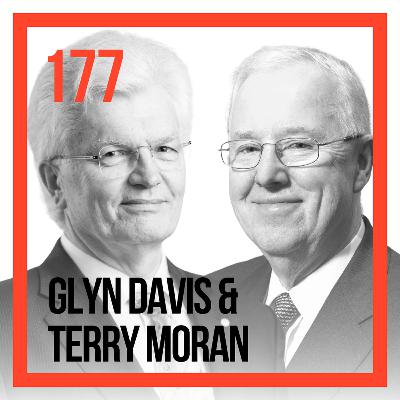
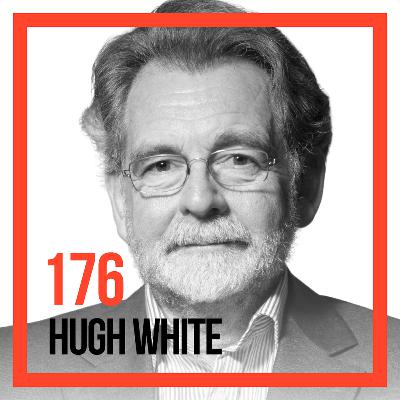

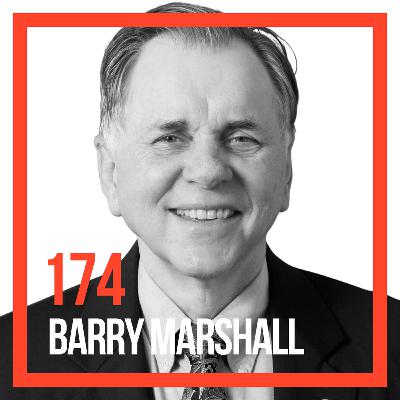
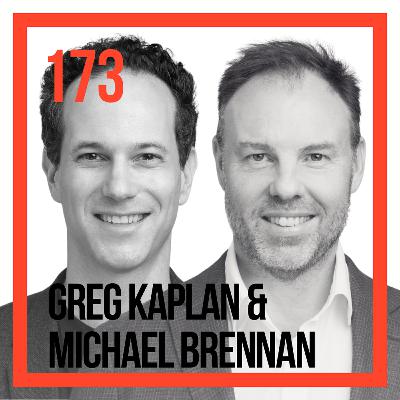
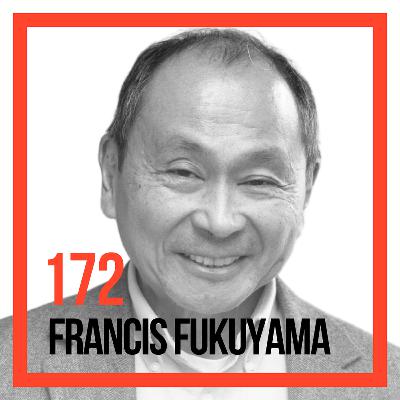
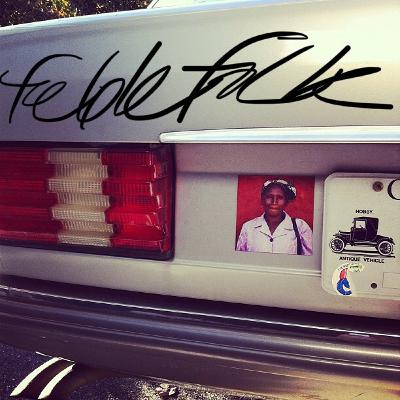
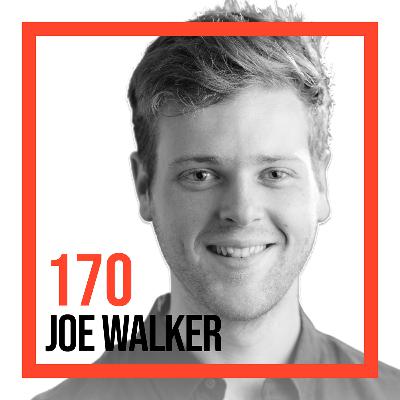
![Ken Henry — What Killed the Reform Era? [Aus. Policy Series - LIVE] Ken Henry — What Killed the Reform Era? [Aus. Policy Series - LIVE]](https://s3.castbox.fm/6b/07/b0/80502971f62d7934860473ec76ed0aad74_scaled_v1_400.jpg)
![Sam Roggeveen — Why the US Won't Fight China for Dominance (and What it Means for Australia) [Aus. Policy Series - LIVE] Sam Roggeveen — Why the US Won't Fight China for Dominance (and What it Means for Australia) [Aus. Policy Series - LIVE]](https://s3.castbox.fm/44/37/cc/79b39780f42050a1fc672b59b4ed7d8a83_scaled_v1_400.jpg)
![Peter Tulip — What Will It Actually Take to Solve the Housing Crisis? [Aus. Policy Series - LIVE] Peter Tulip — What Will It Actually Take to Solve the Housing Crisis? [Aus. Policy Series - LIVE]](https://www.omnycontent.com/d/clips/d3d56d8d-11c9-411a-aade-af8f001be4a7/119996bc-5b83-4d07-aef7-af9000132ced/75fed571-5841-4c7f-8c8d-b2ab0026d671/image.jpg?t=1742871768&size=Large)
![Judith Brett — How a Benthamite Political Culture Shaped Australia's Electoral System [Aus. Policy Series - LIVE] Judith Brett — How a Benthamite Political Culture Shaped Australia's Electoral System [Aus. Policy Series - LIVE]](https://s3.castbox.fm/e0/8f/bc/3980ad46c6814614bba428e3df68136d08_scaled_v1_400.jpg)
![Richard Holden & Steven Hamilton — How Australia Gets It Done [Aus. Policy Series - LIVE] Richard Holden & Steven Hamilton — How Australia Gets It Done [Aus. Policy Series - LIVE]](https://www.omnycontent.com/d/clips/d3d56d8d-11c9-411a-aade-af8f001be4a7/119996bc-5b83-4d07-aef7-af9000132ced/7c9a4354-f18d-433a-8be3-b296000d9d29/image.jpg?t=1741098896&size=Large)
![Andrew Leigh — Inequality and Egalitarianism [Aus. Policy Series - LIVE] Andrew Leigh — Inequality and Egalitarianism [Aus. Policy Series - LIVE]](https://s3.castbox.fm/33/3a/a7/5701c8d13d3c005cb18d9f015dc06397df_scaled_v1_400.jpg)
![Abul Rizvi — Inside Immigration Policy [Aus. Policy Series - LIVE] Abul Rizvi — Inside Immigration Policy [Aus. Policy Series - LIVE]](https://www.omnycontent.com/d/clips/d3d56d8d-11c9-411a-aade-af8f001be4a7/119996bc-5b83-4d07-aef7-af9000132ced/360b3e9c-5a37-4db0-a6ae-b276016d7e59/image.jpg?t=1738367066&size=Large)
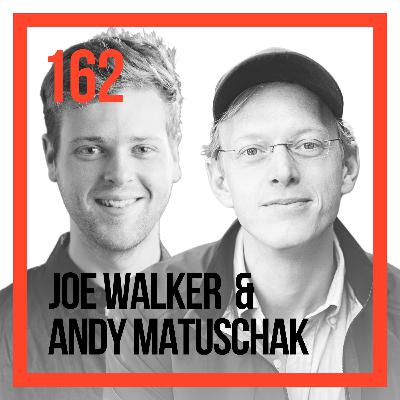

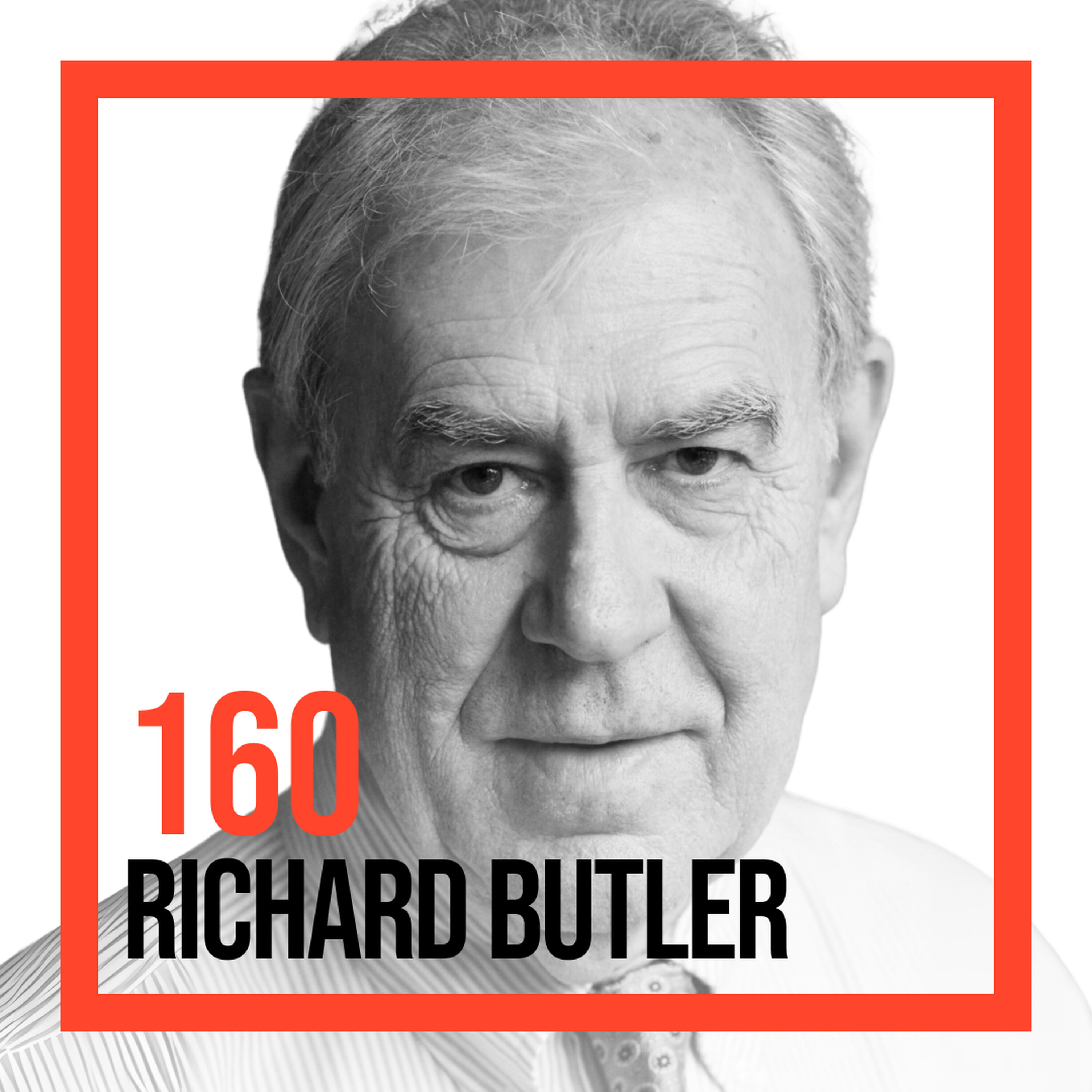





where can i have access to the Text of this conversation
that was really great
wow. Just discovered this treasure of a podcast. 90 minutes of deep meaningful discussion. I'll be Sharing this. Fantastic. thank you.
Great show content producer/presenter. Glad he's back, I was starting to worry it was over.👍
He's a very eloquent speaker and quite an intelligent bloke. It's a shame he has such an ego! Good interview, thanks.